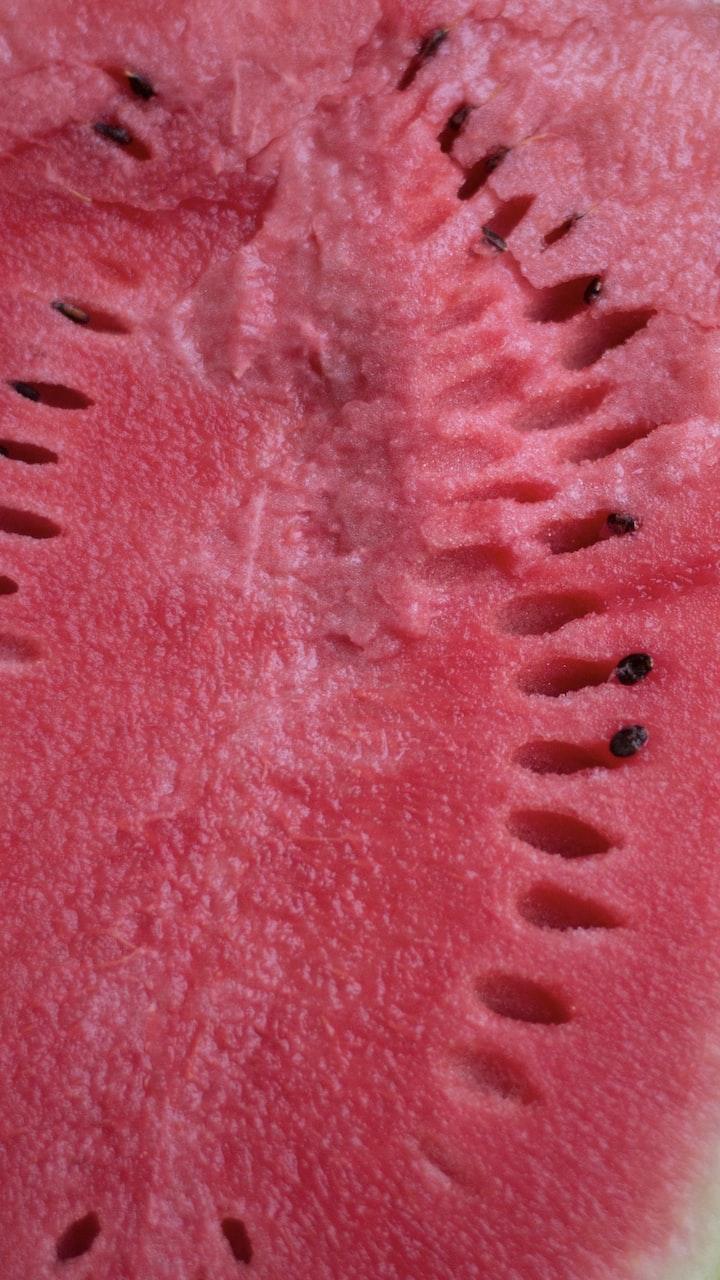Fruit is an essential part of a healthy diet, but some fruits are higher in sugar than others. Here’s a list of fruits that have no sugar.
1. Avocados
2. Tomatoes
3. Cucumbers
4. Eggplants
5. Peppers.
Papaya. The papaya fruit has several health benefits associated with it
Papaya is a sweet fruit that is low in calories and rich in nutrients. It is a good source of fiber, vitamins C and A, and potassium. Papaya also contains papain, an enzyme that aids in digestion.
Papaya has several health benefits associated with it. These include:
Aid in digestion: The papain enzyme found in papaya helps to break down proteins, making it easier for the body to digest food. This can be beneficial for people who have difficulty digesting protein-rich foods such as meat.
Boost immunity: Vitamin C is essential for maintaining a strong immune system. Papaya is a good source of this vitamin, so including it in your diet may help to keep you healthy by protecting against infections and disease. Aids weight loss: As papaya is low in calories yet high in fiber, it can be helpful for those trying to lose weight or maintain a healthy weight. Fiber helps to keep you feeling full after eating, so you are less likely to overeat later on.
Lemons. You can include lemons as a sugar free fruit option in your diet plan
Lemons are one of the most popular citrus fruits and are known for their tart and acidic taste. Lemons are used in a variety of culinary dishes and are also a popular choice for making homemade lemonade. While lemons do contain some sugar, they are considered to be a low-sugar fruit option and can be a good choice for those watching their sugar intake.
Lemons are rich in Vitamin C, which is an important nutrient for many body functions including immunity, skin health, and iron absorption. Lemons also contain flavonoids, which have antioxidant properties that may help protect against some chronic diseases such as cancer.
When choosing lemons at the store, look for ones that are heavy for their size with smooth skin. Avoid lemons that have any brown spots or blemishes as this is an indication that they may be old or past their prime. Lemons can be stored in the fridge for up to two weeks.
To get the most juice out of your lemon, roll it on the countertop before cutting it open. This will help to break down the cell walls and release more of the juice inside. When juicing lemons by hand, always use a strainer to catch any seeds or pulp that may come out with the juice; this will help to keep your final product seed and pulp free.
Guavas
While most fruits contain at least some sugar, guavas are relatively low in sugar compared to other fruits. One medium-sized guava has only about 8 grams of sugar; by comparison, one medium-sized apple has about 19 grams of sugar; one medium-sized banana has about 14 grams of sugar; and one cup (250 ml) of orange juice has approximately 21 grams of sugar.
Watermelons
Watermelons are one of the most refreshing and hydrating fruits around, and they’re also relatively low in sugar. One cup of watermelon contains just 6 grams of sugar, and the majority of that is natural fructose. Watermelons are also a good source of vitamins A and C, as well as lycopene, an antioxidant that has been linked to heart health.
Avocado
Avocados make a great addition to any diet, whether you are trying to lose weight or maintain your current weight. They can be enjoyed in many different ways, such as in salads, sandwiches or simply eaten on their own with some lime juice. When purchasing avocados, look for those that are dark green in color and have firm flesh. Avoid those that are bruised or have brown spots on the skin. To ripen an avocado quickly, place it in a paper bag with an apple or banana overnight at room temperature.
Grapefruit
While grapefruit does contain natural sugars, it is also very low in added sugars. In fact, a whole grapefruit only contains about 9 grams of sugar, which is less than half the amount found in a cup of grapes. Additionally, the majority of the sugar in grapefruit comes from fructose, which is a natural sugar found in fruits.
So if you’re looking for a fruit that is low in sugar but still packed with nutrients and health benefits, then grapefruit is definitely a good choice!
Strawberries & Blackberries
Regarding finding fruit that doesn’t have any sugar, you might be surprised to learn that strawberries and blackberries are two excellent options. While other fruits like apples and bananas tend to be quite high in sugar content, strawberries and blackberries are relatively low in sugar. In fact, a cup of strawberries only contains about 7 grams of sugar, while a cup of blackberries has just 9 grams of sugar.
So why are these two fruits so much lower in sugar than other types of fruit? Well, it all has to do with their natural sweetness. Strawberries and blackberries are both fairly sweet fruits, which means that they don’t need as much added sugar in order to taste good. This is great news for anyone who is trying to cut down on their sugar intake, as these two fruits make for a delicious and healthy snack option.
Another reason why strawberries and blackberries are good choices when it comes to low-sugar fruit is because they contain plenty of other nutrients that are beneficial for your health. For example, both berries are packed full of antioxidants, which can help to protect your body against disease. They’re also a good source of fiber, which is important for keeping your digestive system healthy.
